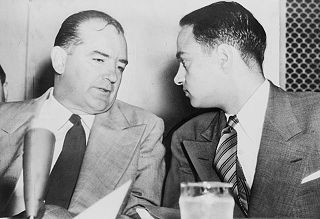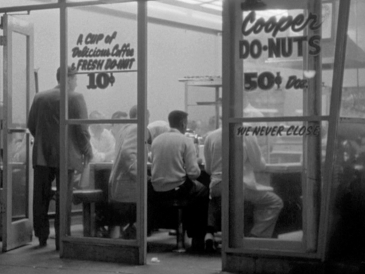Cover of the first edition | |
| Author | Randy Shilts |
|---|---|
| Country | United States |
| Language | English |
| Subject | Sexual orientation and gender identity in the United States military |
| Published | 1993 |
| Pages | 832 |
| ISBN | 978-0449909171 |
Conduct Unbecoming: Lesbians and Gays in the US Military from Vietnam to the Persian Gulf War is a 1993 book by American journalist Randy Shilts, in which the author traces the participation of gay and lesbian personnel from the Revolutionary War to the late 20th century.

Randy Shilts was an American journalist and author. He worked as a reporter for both The Advocate and the San Francisco Chronicle, as well as for San Francisco Bay Area television stations. He wrote the critically acclaimed book And the Band Played On (1987), which chronicled the history of the AIDS epidemic.

The American Revolutionary War (1775–1783), also known as the American War of Independence, was an 18th-century war between Great Britain and its Thirteen Colonies which declared independence as the United States of America.
The book was well received in a review in the Los Angeles Times which described it as "gripping reading" and "an irrefutable indictment of unconscionable government behavior in a cause that the military seems still unable to explain". [1] Historian Lillian Faderman, writing in The Gay Revolution: The Story of the Struggle (2015), called Shilts' book "famous". [2]

The Los Angeles Times is a daily newspaper which has been published in Los Angeles, California, since 1881. It has the fourth-largest circulation among United States newspapers, and is the largest U.S. newspaper not headquartered on the East Coast. The paper is known for its coverage of issues particularly salient to the U.S. West Coast, such as immigration trends and natural disasters. It has won more than 40 Pulitzer Prizes for its coverage of these and other issues. As of June 18, 2018, ownership of the paper is controlled by Patrick Soon-Shiong, and the executive editor is Norman Pearlstine.
Lillian Faderman is an American historian whose books on lesbian history and LGBT history have earned critical praise and awards. The New York Times named three of her books on its "Notable Books of the Year" list. In addition, The Guardian named her book, Odd Girls and Twilight Lovers, one of the Top 10 Books of Radical History.

The Gay Revolution: The Story of the Struggle is a 2015 book by Lillian Faderman chronicling the struggle for gay, lesbian, bisexual, and transgender rights from the 1950s to the early 21st century. It was called "the most comprehensive history to date of America's gay-rights movement" in a review by The Economist. It was named a Notable Book of the year by The New York Times and a Notable Nonfiction Book of the year by The Washington Post.









